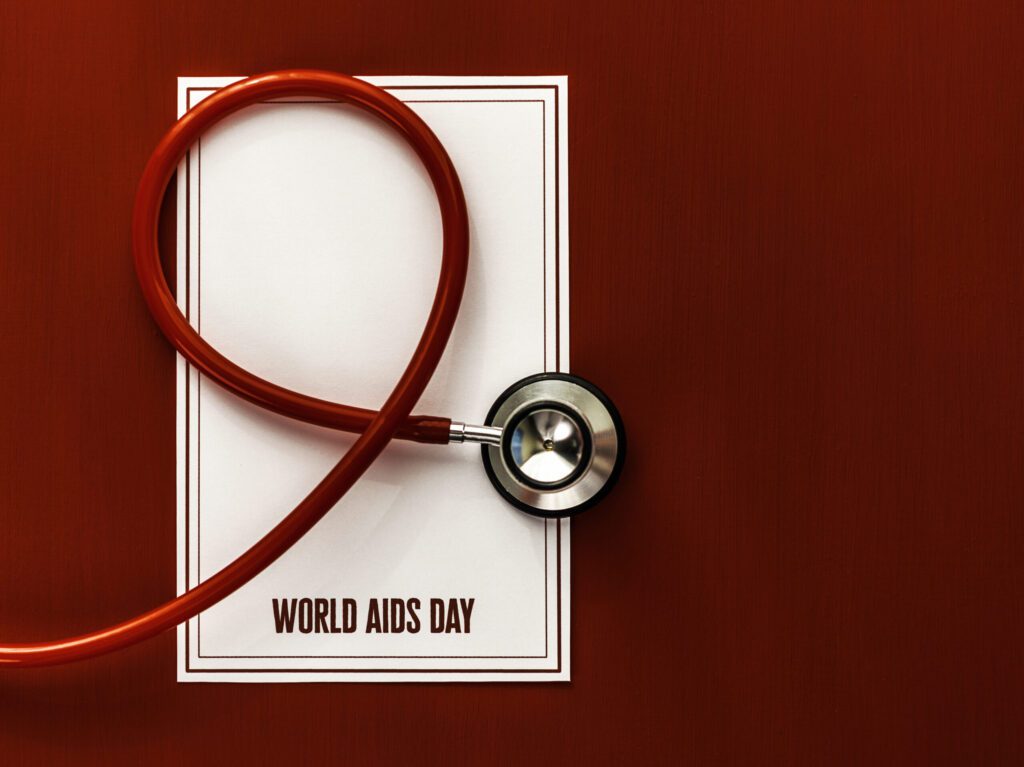by TERESA SCHIFFER
Sponsored by Central Florida Health Care
With World AIDS Day taking place on December 1, this is a good time to talk about HIV/AIDS prevention. Most of us already are aware of the dangers of this infectious disease, and that it is transmitted through an exchange of bodily fluids, such as what occurs during sexual activity or intravenous drug use. What most people may not realize is how common HIV actually is.
Current statistics place the number of HIV cases in the U.S. at about 1.2 million, with roughly 13 percent of those individuals unaware of their status. This is why the CDC recommends that everyone between the ages of 13 and 64 be screened for HIV at least once in their lives. For that reason, HIV testing has become a standard of care at Central Florida Health Care. All patients are screened for the virus.
Doctors urge people who are at higher risk to be tested annually. This includes those individuals who have more than one sexual partner, and those who are gay or bisexual, especially men who have sex with other men. Illicit injection drug use also puts one at an increased risk of exposure.
The good news is that there is now a medication available that greatly decreases the risk of contracting HIV. Prescription PrEP is a pill that when taken once daily is about 99 percent effective at preventing HIV transmission. It does not protect against other types of STDs, so condom usage is still encouraged. PrEP is recommended for anyone who is at risk or who has a partner whom they feel they cannot fully trust.
Linda Gellatly is a registered nurse practitioner at Central Florida Health Care who specializes in treating HIV, hepatitis and other STDs. She describes some of the treatments available at the clinic for HIV-positive patients, including medical management.
“The medication has improved tremendously, even in the last 10 years. The medication has become extremely tolerable and most patients are on one pill once a day. Last year, an injectable HIV medication was approved, where they only have to come into the clinic once a month for injections for their HIV treatment, and no longer have to take a pill, if they qualify,” Gallatly explains.
Other injectable treatments are in the works from pharmaceutical companies, including one that would be necessary only every six months. It is currently undergoing clinical trials and is expected to be on the market within the next two years.
It’s important for HIV patients to remember that it is vital that they follow their doctor’s instructions as to taking their medication. When not taken properly, a patient can become resistant to these drugs. Once drug resistance occurs to a particular medication, that drug will never be effective for that patient again and they may have to adhere to a schedule of taking several medications instead of just one pill a day.
Fortunately, HIV/AIDS is no longer the death sentence it once was. Most patients now have a normal life expectancy with no decrease in their quality of life. HIV-positive women are even able to give birth to healthy, non-infected babies. The key to these successes, however, is knowing one’s status and taking the proper steps to prevent transmission and manage the disease.
